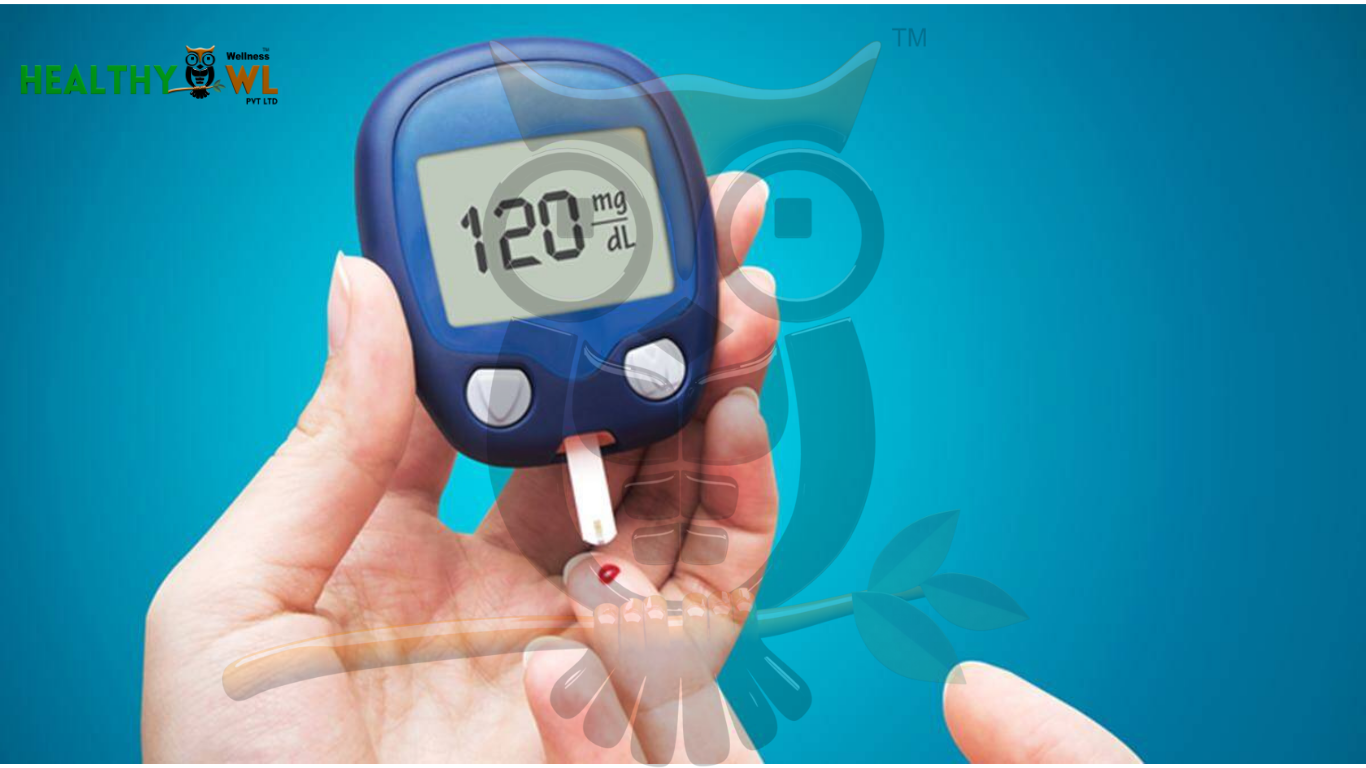Have you ever had days where your stomach just doesn’t seem to cooperate, leaving you in discomfort and frustration? You’re not alone. Many people experience this daily struggle, particularly those dealing with Irritable Bowel Syndrome (IBS) or Inflammatory Bowel Disease (IBD). These conditions can make even the most basic tasks challenging, affecting everything from your daily routine to your overall quality of life.
But there’s good news: with proper nutrition, you can significantly alleviate symptoms and restore balance to your digestive system. Whether you’re managing chronic symptoms or preventing flare-ups, mindful eating can transform your health journey. Let’s explore how you can take control with the right foods and strategies.
IBS vs. IBD: Understanding the Differences
While both IBS and IBD affect your digestive tract, they are fundamentally different.
- Irritable Bowel Syndrome (IBS) is a functional disorder, meaning the digestive system looks normal but doesn’t always function properly. Symptoms like abdominal pain, bloating, diarrhea, or constipation are common. IBS is largely linked to issues such as gut motility, sensitivity to pain, and stress levels.
- Inflammatory Bowel Disease (IBD) is a more severe condition marked by chronic inflammation of the gastrointestinal (GI) tract. It includes conditions like Crohn’s disease and ulcerative colitis. Unlike IBS, IBD causes actual damage to the intestinal tissues, leading to symptoms like severe abdominal pain, bloody stools, and fatigue. If left unmanaged, it can lead to complications such as bowel obstructions or malnutrition.
The Role of Nutrition in Managing IBS
When it comes to managing IBS, food can either be your best friend or worst enemy. Personalization is key—each person’s triggers are different, and working with a nutritionist can help tailor a plan that suits your individual needs. Here are some strategies that have been effective for many people:
- Low FODMAP Diet: One of the most effective strategies for managing IBS is the low FODMAP diet, which involves eliminating foods high in FODMAPs (certain types of carbohydrates that are poorly digested by some). Common high-FODMAP foods include onions, garlic, and certain fruits. The diet typically occurs in three phases—elimination, reintroduction, and personalization—under a nutritionist’s guidance to identify specific food triggers.
- Mindful Fiber Intake: Fiber is essential for bowel regularity but can be tricky for IBS sufferers. Soluble fiber (found in oats, carrots, and apples) is gentler on the digestive system, helping manage both diarrhea and constipation. Insoluble fiber (found in whole grains and leafy greens), while beneficial for some, can exacerbate symptoms in others, though small amounts or cooked versions may be better tolerated.
- Probiotics: Certain strains of probiotics, such as Bifidobacterium infantis and Lactobacillus acidophilus, have been shown to ease IBS symptoms. Including fermented foods like yogurt, kefir, and kimchi can support gut health. However, individual tolerance varies, so it’s best to consult a professional for specific recommendations.
- Prebiotics: Foods like garlic, onions, and leeks, which contain prebiotics (compounds that feed healthy gut bacteria), can benefit overall gut health. However, for those on a low FODMAP diet, prebiotics may need to be limited during the elimination phase.
- Stress Management: Stress can significantly impact IBS. Mind-body techniques like meditation, yoga, and even gentle physical activities such as walking can promote gut motility and reduce stress, helping alleviate symptoms.
Nutrition Strategies for IBD Management
For people with IBD, the goal is to manage inflammation and prevent flare-ups. A personalized anti-inflammatory diet can be crucial, as flare-ups often lead to malabsorption and nutritional deficiencies.
- Eat Anti-Inflammatory Foods: Foods rich in omega-3 fatty acids—such as salmon, flaxseeds, chia seeds, walnuts, and sardines—are known to reduce inflammation. Additionally, fruits and vegetables packed with antioxidants (like berries and spinach) help fight oxidative stress, which can worsen inflammation.
- Avoid Trigger Foods: During flare-ups, certain foods may aggravate symptoms. High-fiber foods, dairy, spicy dishes, and processed items can be problematic. Instead, choose softer, easily digestible foods like bananas, plain chicken, and cooked vegetables.
- Nutrient-Dense Foods and Supplementation: Malnutrition is a significant concern for people with IBD due to poor nutrient absorption during flare-ups. A diet rich in nutrient-dense foods and supplements—like vitamin B12, iron, and vitamin D—can prevent deficiencies. In severe cases, enteral feeding (liquid nutrition through a tube) may be necessary.
- Stay Hydrated: Chronic diarrhea, common in IBD, can lead to dehydration. Drinking plenty of water and fluids rich in electrolytes can help maintain hydration levels and prevent complications.
Common Foods to Watch Out For
While individual reactions to foods vary, certain common foods can trigger symptoms in both IBS and IBD sufferers:
- Dairy: Many people with digestive issues are lactose intolerant, making dairy a frequent culprit.
- Caffeine and Alcohol: Both can irritate the digestive system and worsen diarrhea or constipation.
- Fried and Fatty Foods: These can slow digestion and increase bloating.
- Spicy Foods: For those with sensitive digestive systems, spicy foods can trigger pain and inflammation.
Conclusion: Taking Control of Your Digestive Health
Whether you’re dealing with IBS or IBD, proper nutrition plays a significant role in managing symptoms and improving your quality of life. Personalizing your diet based on specific triggers, working with a nutritionist, and embracing gut-friendly foods can help you regain control of your digestive health and enjoy life with fewer interruptions.
Ready to take the next step?
At Healthy Owl, we offer a range of nutrition solutions designed to support your digestive health. Visit us today to explore our products and take the first step toward a happier, healthier digestive system!
Sources:












